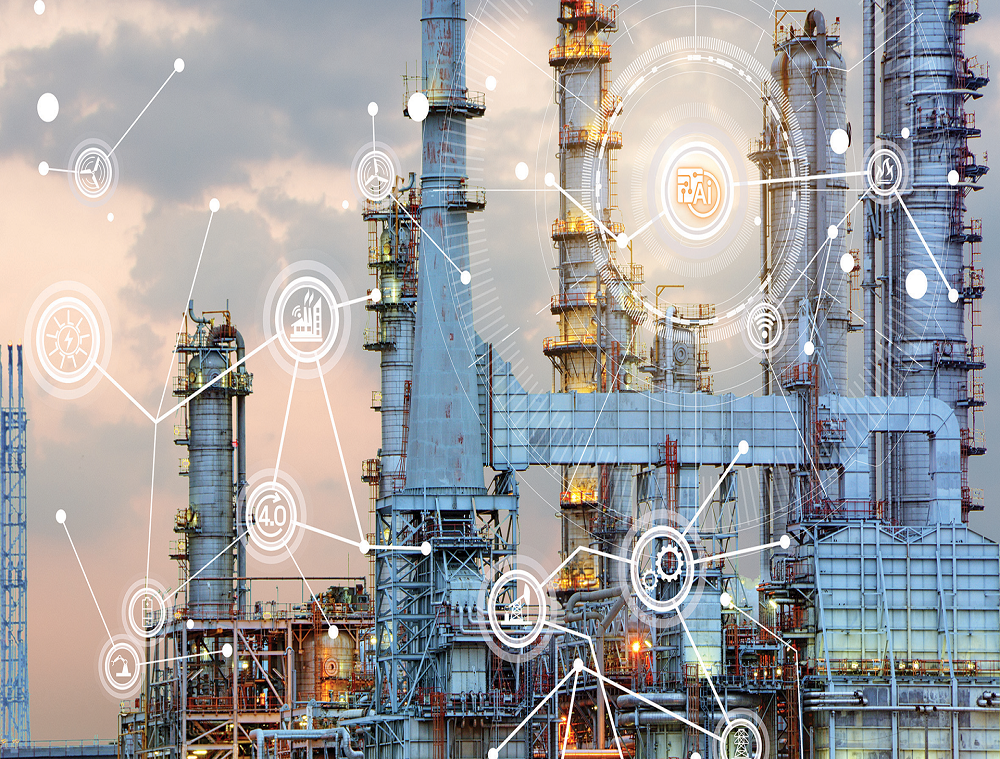 Civil Engineering with Computer Application | Electronics and Computer Science | Robotics & Artificial Intelligence |
Civil Engineering with Computer Application | Electronics and Computer Science | Robotics & Artificial Intelligence |
Important Documents For Admission (2025 - 2026)
 Civil Engineering with Computer Application | Electronics and Computer Science | Robotics & Artificial Intelligence |
Civil Engineering with Computer Application | Electronics and Computer Science | Robotics & Artificial Intelligence |

As we all know that Machine learning and Artificial Intelligence are recent advancement technology for computer science engineers. But it is not like that, AI is not only applicable in CS engineering but also applicable in chemical engineering. Chemical engineering is a stream of engineering that uses principles of chemistry, physics, mathematics to work out the overall rules of energy, mass and momentum transformation, and reaction, to utilize energy and mass more efficiently, effectively and safely within the chemical process industry. Currently, chemical industries are faced with many challenging problems like high energy consumption, hazardous risk assessment and environmental policy, which forces the industry and research institute to develop new technology, catalyst, material. Meanwhile, an enormous step has been made in AI technology development, like “Alpha Go”, robot, driverless car, etc. a number of AI technology has been applied within the chemical process industry. For instance, deep learning, a really effective AI technique, is effective in recognition of operation modes, fault detection and risk analysis within the petroleum refining process. Various reactors can be trained to maintain appropriate product concentration and flow by using past data about inflow, concentration, liquid level, and outflow.
Fig: 1 Continuous stirred-tank reactor
Recent advances in AI, like statistical machine learning, and evolutionary computation, are important for petroleum product characterization, chemical change modeling and process optimization, decision-making, environmental perception, and digital troubleshooting of varied problems within the industry. Therefore, it’s timely and of paramount importance to deeply integrate AI technology with the chemical industry to achieve good catalysts, precise control over the running operation, optimum planning and operation scheme with the assistance of the use of massive data through AI. We can apply easily AI with the supply of massive data in safety monitoring, risk analysis and environmental protection. The present techniques for process control cannot handle dynamic situations whereby process conditions can change during a random thanks to specific changes operational. Through Big Data and AI, it’s possible to beat this limitation and with world-leading research, AI may offer improved process control over traditional control loops. We can find an answer to the present real practical problem by investigating machine and deep learning algorithms on a scaled chemical reactor with inputs that will be gradually incorporated and adjusted to extend the complexity of the system.
The big problem in chemical industries is safety monitoring for which Risk Assessment is important. RA may be a discipline that informs far-reaching decisions about the chemical operation process, thereby having a big impact on a multi-billion industry, the health of many people and therefore the condition of the environment. The four elements of Chemical risk assessment are hazard identification, hazard characterization, exposure assessment and ultimately risk characterization. Since the process engineer should make many methodological choices at every step, the risk assessment process can in theory follow many various pathways, resulting in potentially different conclusions and risk management measures. In practice, a process engineer reaches a conclusion supported only one of those pathways, without exploring or acknowledging the opposite possibilities. AI would offer a way of simulating all possible techniques of risk assessment outcomes for a given defined problem formulation.
Farhin Khan
Department of Chemical Engineering
IIST, Indore